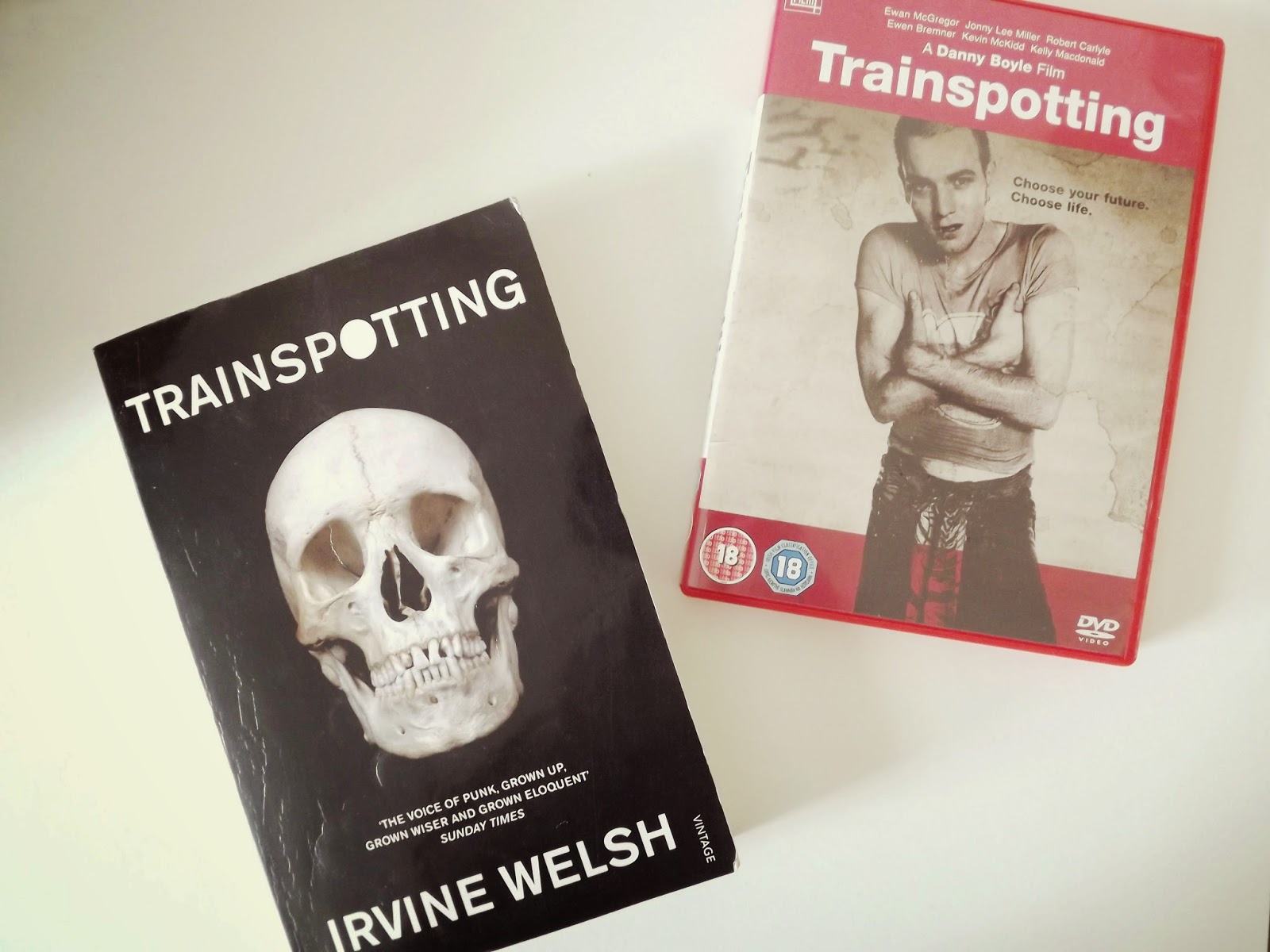All You Need to Know About Greenwashing
You've probably heard the term 'greenwashing' floating around a lot at the moment. This is term used when companies introduced a range of products or an initiative that is labelled as green or sustainable whilst also continuing with their usual unsustainable and damaging products. It is hard to tell whether the green initiatives are a genuine effort to try and make a step in the right direction or whether it is simply a marketing ploy to encourage customers to keep buying their products amidst the climate crisis.
What is greenwashing?
The Wikipedia definition of greenwashing is
"is a form of spin in which green PR or green marketing is deceptively used to promote the perception an organization's products, aims or policies are environmentally friendly."
In practice this manifests as green ranges of products that can mislead consumers into thinking a brand is sustainable when in reality they are far from it.
Are companies guilty of greenwashing?
Two prime examples of greenwashing are the H&M Conscious Collection and the Boohoo For the Future Range. Both of these collections use either organic or recycled materials. Seems great right? However whilst this is a step in the right direction, both of the brands continue to produce their non-sustainable fast fashion lines as usual. This means that they are continuing to damage the environment and use unethical practices all the while being considered sustainable.
Alongside their sustainable collections brands will also:
- Continue to pump out excessive amounts of products that will ultimately end up in landfill
- Not have regulations in factories to ensure that they aren't carrying out damaging practices e.g. dumping waste and harmful chemicals in rivers
- Continue to produce products using harmful and damaging materials and chemicals
- Continue to use unethical practices in factories including not paying a living wage. E.g. many workers in H&M factories do not earn a living wage and are often faced with exhaustion leading to fainting whilst at work.
In other words it's a marketing ploy. They are utilising the 'trend' of caring for the environment in order to sell more products and make more money. In reality, if they genuinely cared about the environment they would be making large scale changes, using recycled and organic materials for all products rather than for one collection.
A Step in the Right Direction?
On the flip side, green collections might also be a step in the right direction. At the end of the day a more sustainable collection is better than nothing. Realistically in a capitalist society, large companies are not going to completely change their practices overnight as it will be damaging to profits which is ultimately all they care about. Sustainable collections signify that we are doing the right thing, they are hearing us that we want more sustainability in our fashion. If we keep pressing, hopefully they will continue to make changes to meet the consumer demand. Green Is the New Black suggests that if the company is genuinely dedicated to sustainability, they should have further plans to improve their environmental impact and not just leave it at that one collection but it is hard to tell what is genuine and what is not.
These sustainable collections also offer a middle ground for those who want to buy clothing made from better materials but cannot afford to do make purchases from a fully sustainable and ethical brand. They make more environmentally friendly options more accessible.
Verdict?
Green initiatives show that your spending power has an effect on what is produced by companies. Sustainability, the green movement and XR have become popular 'trends' and big companies can see this as they are using the idea of sustainability to sell products and make a profit. Whilst we must be careful of these companies as they still hugely damaging for the environment and are certainly not sustainable or ethical by any means, it does show a step in the right direction. It shows that companies can see that we care about the environment and sustainable collections provide a cheaper way to purchase clothes made from better materials for those who cannot afford fully sustainable and ethical products.
What are your thoughts on greenwashing?
Facebook | Twitter | Bloglovin | Instagram




Comments
Post a Comment
Thanks for commenting, I will reply to your comment but you can also tweet me at @amyleehaynes or e-mail me at: amyleehaynes@hotmail.co.uk